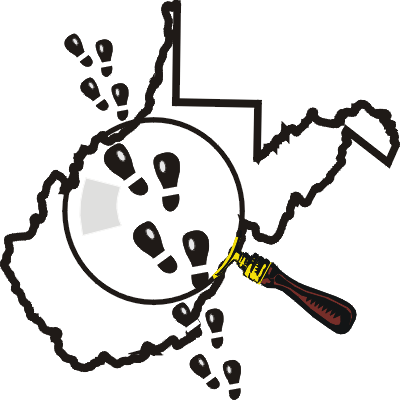
West Virginia
Infectious Disease Epidemiology Program
 |
West Virginia |
Public FAQ:
|
|
West Virginia Department of Health and Human Resources Information for the Public – Meningococcal MeningitisWhat is meningococcal meningitis?Meningococcal meningitis is an infection of the fluid surrounding the brain and spinal cord. People with meningococcal meningitis may have fever, headache, nausea, vomiting, a stiff neck, and rash. With modern treatment, the fatality rate is 5 to 15%. What causes meningococcal meningitis?Meningococcal meningitis is caused by the bacteria Neisseria meningitidis, also called meningococcus. How is meningococcal meningitis spread?Meningococcus is spread from one person to another by "sharing saliva." Examples include:
Meningococcal meningitis can also spread in very crowded situations, including:
Meningococcal meningitis is not spread by:
Who is most at risk for meningococcal meningitis?People who have certain medical conditions are at higher risk, including:
Certain other factors may place individuals at higher risk, including:
Many people can carry the meningococcus bacteria in their nose or throat without getting ill. In this way, many people become immune to meningococcal meningitis by adulthood. That is why healthy adults are at low risk for meningococcal meningitis. Do I need to take antibiotics to prevent meningococcal meningitis?A person needs to take antibiotics to prevent meningococcal meningitis if he/she:
A person does not need antibiotics to prevent meningococcal meningitis if he/she:
Talk to your local health department to help you determine if you need antibiotics. Is there a vaccine for meningococcal meningitis?Yes. The vaccine is recommended for persons age two and older who have:
The vaccine is also recommended for people who will travel to areas (e.g., Sub-Saharan Africa) where meningococcal meningitis is more common, and for laboratory workers who work with the bacteria. College students may also consider having the vaccine. After careful consideration and planning, the vaccine is sometimes used to stop outbreaks of meningococcal meningitis. What is an "outbreak" of meningococcal meningitis?West Virginia has about 10 to 20 cases of meningococcal disease every year. An outbreak is an "unusual increase" above this expected number of cases. To prevent outbreaks, West Virginia's local health departments:
This prevention activity goes on every time a case of meningococcal meningitis is reported.
|
|
State
of West Virginia (WV) A-Z Listing of West Virginia's Reportable Diseases
|